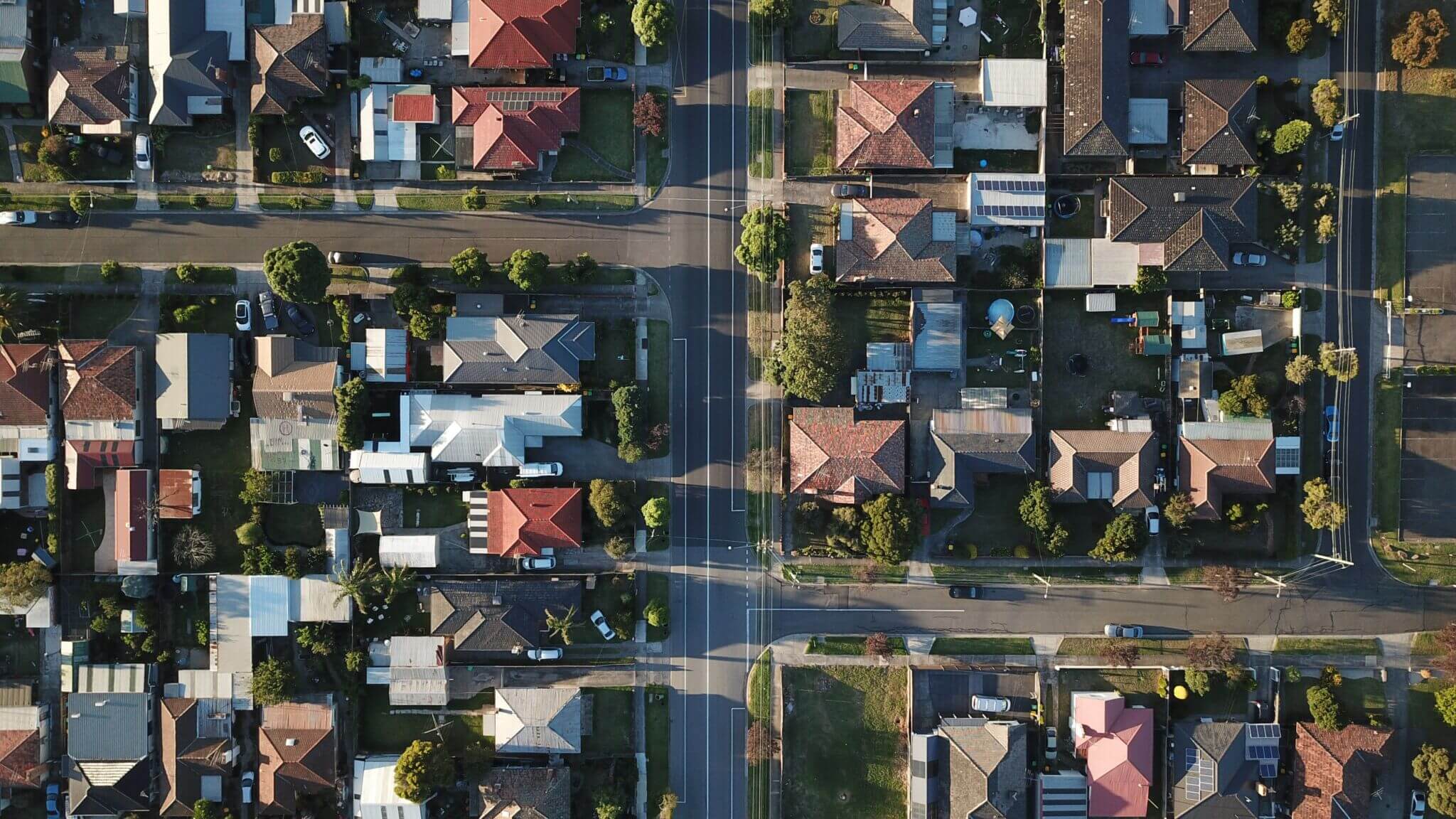
Top 10 Home Insurance Things to Avoid Issues at Claim Time
Home & Contents Insurance is an essential insurance which can help cover the cost of unexpected damage to your home. It can protect you from things like fire, theft or natural disasters. Failing to understand what you are covered for can have catastrophic consequences for your hip pocket. Here are our top 10 things to avoid issues when making a home insurance claim.
1. Going away for an extended period of time
If you’re away for more than 60 days and you have a break-in or there is a natural disaster, you could run into trouble with your insurer. There could be an additional ‘unoccupancy excess’ when you go to make a claim. You may not be covered at all unless you have let your insurance company know.
2. Not maintaining your property
Most policies require you to keep the home and contents well maintained and in good condition. If you don’t meet your responsibilities, they may reduce or refuse to pay your claim or cancel your policy.
3. Renovating
Renovating could affect your public liability cover, which covers you if someone claims compensation against you for injury on your property. Some policies also will not cover theft while construction is going on in your home, so make sure you check with your insurer before commencing renovations.
4. Not listing special collections and high value items
Most contents policies ask you to declare ‘collections’ separately. A collection can be stamps or memorabilia, for example. In addition, most policies cover jewellery up to a certain value. If you don’t list your collections or jewellery, you may not be able to claim the full amount of your loss if they are stolen or damaged. Furthermore, valuables likely to travel with you, such as a wedding ring, cameras and laptops, may not be covered away from the home if they’re not listed and valued on your policy. You may need extra cover to adequately insure these types of valuables.
5. Conducting a business from home
Most standard home insurance policies do not provide cover for home based businesses. You may require a commercial insurance policy to cover public liability, employees and business assets.
6. Termites
Termites cause millions of dollars of damage to homes each year. Unfortunately, insurance companies will not cover termite or other pest infestations. Therefore, it’s a good idea to get regular pest and termite inspections and treatments to prevent, or minimise possible damage.
7. Items in your backyard
Claims for removable items left in your yard, such as barbeques and potted plants, may not be covered under a regular policy. So check your backyard and make sure everything important is listed on your policy.
8. Water damage and flooding
Water damage is a really tricky area for home and contents insurance. It is important to understand the fine print when it comes to water damage and flooding. For example, leaky roofs are a common cause for claims denial. In addition, flooding from a river bursting its banks may be excluded, as many claimants found out in the 2011 floods. Many insurers updated their flood cover after these floods, but there still remains certain types of water damage and flooding that you may not be covered for. Make sure you ask your broker or insurer and read your Product Disclosure Statement carefully so you know exactly what you are and are not covered for.
9. Underinsurance
For some, underinsuring is a way of ‘saving money’. However, your insurer may disqualify part of your claim even if the claim is for less than the full sum insured.
Say your property was insured for $500,000 and you lodge a claim for $250,000 after a storm. The assessor determines your property’s value at policy inception was $620,000, therefore your home was underinsured by 20%. The maximum claim payout would then be reduced to $200,000.
10. Not reviewing your policy
If you’re letting your home insurance policy renew automatically year after year, you could be missing out on some great savings. More importantly you are required by law to advise the insurance company about any facts that may be considered relevant to their renewal of your policy. If you do not disclose major changes, your insurer may cancel your policy and refuse to pay or only part-pay a claim.
How to make a home insurance claim
If you need to make a claim, it’s important to contact your insurer immediately. You may be able to lodge your claim by phone, but some insurers ask you to submit a claim form. When you lodge a claim with your insurer:
- Be honest. Don’t be tempted to add fictitious items to your list of lost or damaged goods. If you get caught, there could be serious legal implications.
- Provide as many details as possible about the incident.
- Provide all documents that support your home insurance claim, and keep a copy for your own records.
- Cooperate with your insurer and the people they employ to help assess the claim, such as investigators.
Source: moneysmart.gov.au
Why Choose Us
As Qualified Professional Insurance Brokers, we’re part of the largest insurance broker network in Australasia, the Steadfast Group. This scale gives Steadfast enormous buying power, flexibility and influence when negotiating with major insurers and results in us being able to provide you with access to multiple insurance companies offering a broad range of products with competitive pricing. We offer local and personalised service, with the insurance expertise and support of a large organisation. Most importantly we’re here when you have a claim. You can rely on us for the expert knowledge and tools to make it easy for you.


